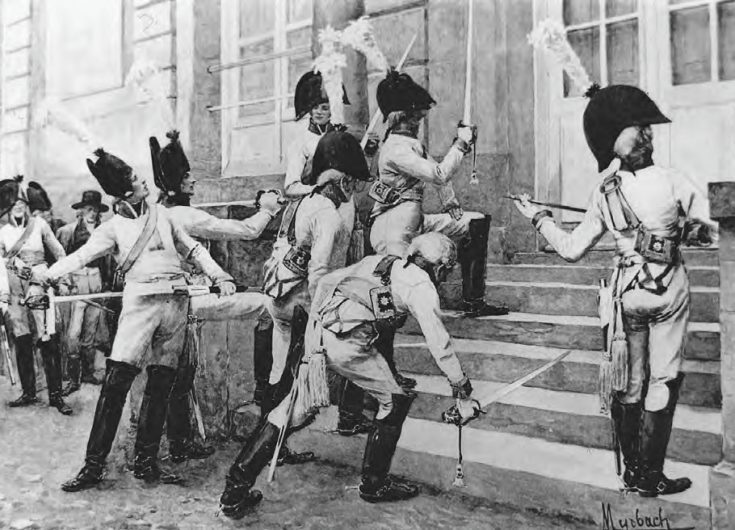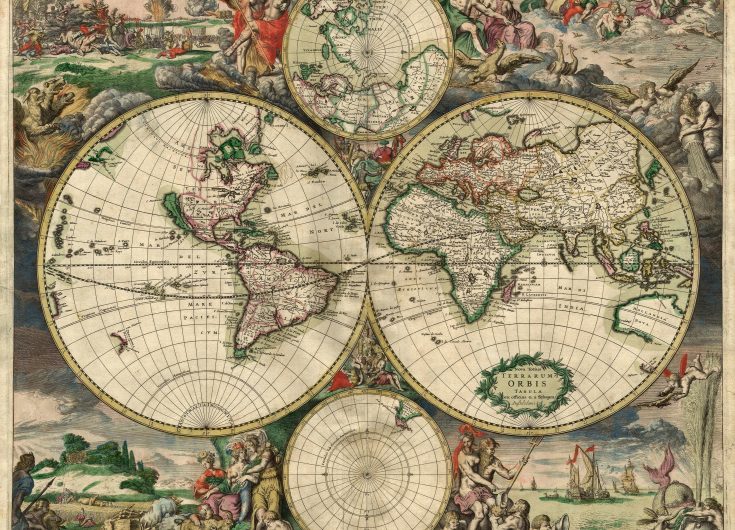Bridging the “George Gap:” Recalling reflections by Peter Feaver and John Gaddis on Grand Strategy
For those of us with an interest in the classics of strategy and diplomacy, we face a particular challenge: how can historical documents, speeches and memoirs – many of them considered musty, some long forgotten – contribute, directly or indirectly, to intelligent discourse about policy, much less to policy-making itself? Compared, for instance, to wisdom purveyed by the latest trendy theory; or to the frequent insistence that in the real world, the best we can do is pragmatically muddle through. As Harold W. Rood once wrote: "International relations is an arena where politics is exercised by nations and other entities to accomplish goals and secure interests. The study of politics in that arena is a study of history: what has happened, how it came to happen with its consequences and therefore a guide to what can happen."



